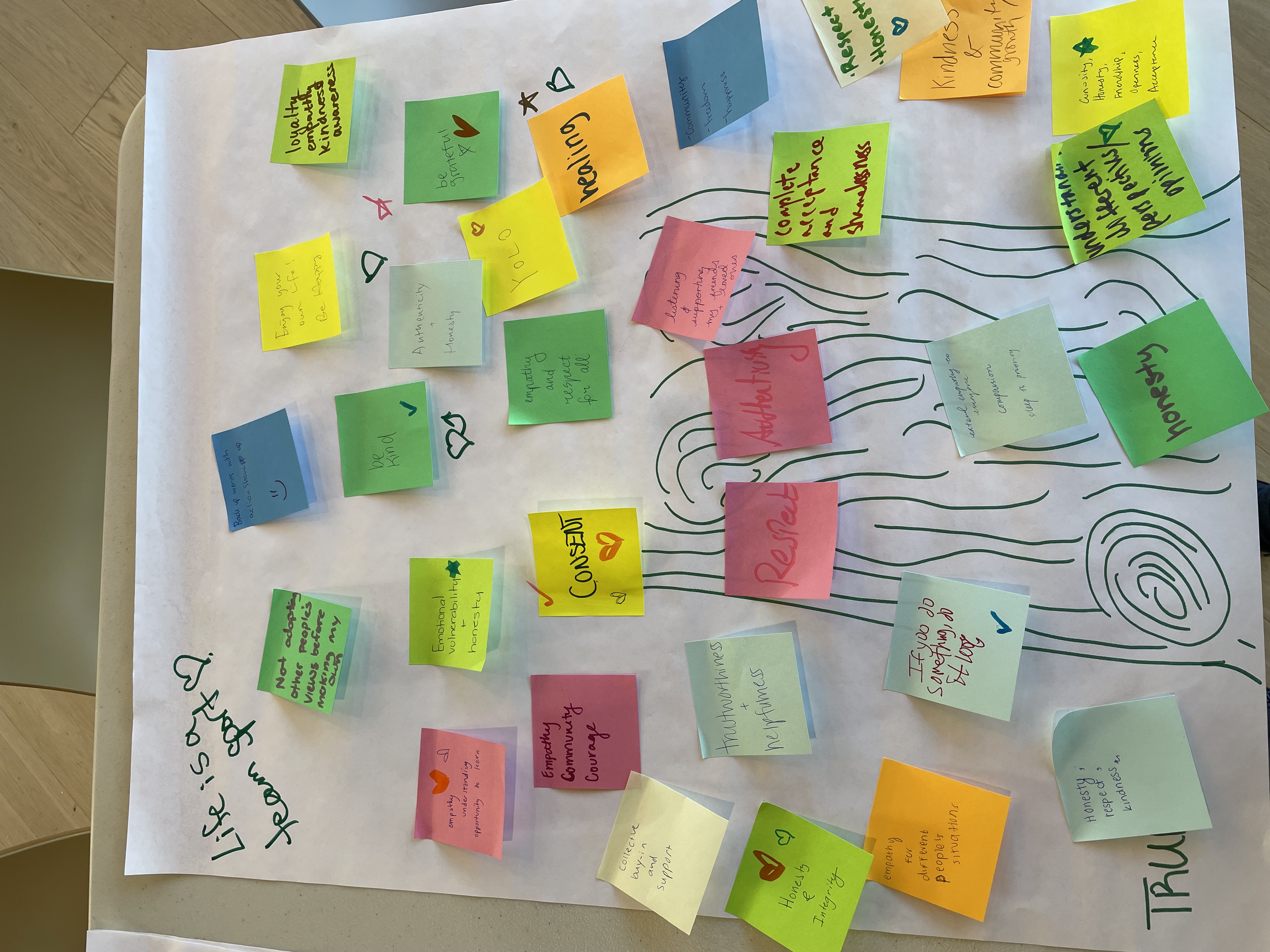Take the BWell Sleep Hygiene Assessment Quiz to learn tips and strategies for a better night's sleep -- tailored to you!
Did you know?
- College students are among the most sleep-deprived people in the country. This may be due to the irregularity of their sleeping habits. According to a 2001 study, only 11% of college students have good sleep quality, and 73% have occasional sleep problems. About a quarter of students in this same study reported suffering from insomnia within the past 3 months, and over half reported feeling sleepy during the morning.
- Most people need to sleep about 8 hours each night. This is especially true for college students, since the deep sleep that occurs early in the night and the dream sleep that occurs later in the night are both required to learn. But the necessary amount of sleep varies from individual to individual. This is one case where quality is more important than quantity - if you feel alert and rested during the day, you've probably gotten enough sleep.
- Pulling all-nighters can interfere with your ability to learn new material. You can memorize facts during an all-night study session and recall the information through short-term memory for a test the next day, but you will most likely have to re-learn the material for a later cumulative exam.






